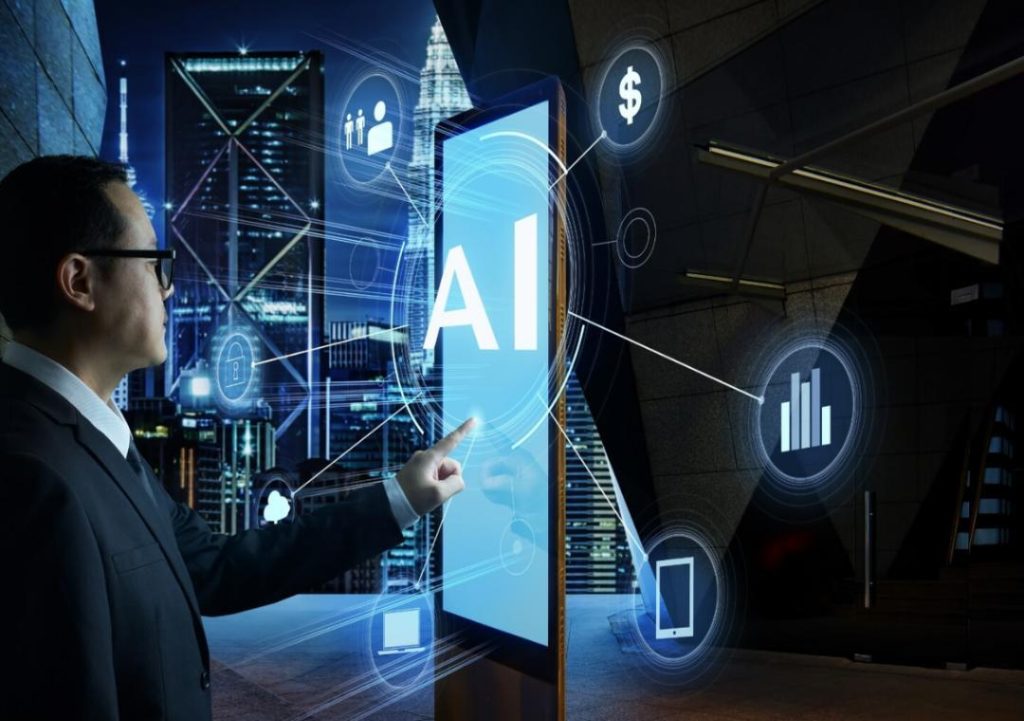
AI & ML now power over 77% of business processes
In the not-so-distant past, Artificial Intelligence (AI) and Machine Learning (ML) were considered futuristic concepts, relegated to the realm of science fiction. However, the rapid advancements in technology have transformed these ideas into operational essentials for businesses of all sizes. Today, a staggering 77% of enterprises rely on AI/ML to drive productivity, reduce costs, and personalize user experiences. This shift is no longer optional; it’s fundamental to staying competitive in a digital-first world.
The widespread adoption of AI/ML is a testament to their immense potential to transform the way businesses operate. By automating mundane tasks, making predictions, and identifying patterns, AI/ML models enable organizations to make data-driven decisions, improve customer engagement, and stay ahead of the competition.
Automating Customer Support
One of the most significant areas where AI/ML has made a significant impact is in customer support. With the help of chatbots and virtual assistants, businesses can now provide 24/7 support to their customers, answering queries, and resolving issues in real-time. This not only reduces the workload of human customer support agents but also enables companies to provide personalized support to their customers, improving overall satisfaction and loyalty.
For instance, companies like Domino’s Pizza and Bank of America have successfully implemented AI-powered chatbots to handle customer inquiries, freeing up human agents to focus on more complex and high-value tasks.
Real-time Fraud Detection
AI/ML has also revolutionized the way businesses detect and prevent fraud. By analyzing vast amounts of data, ML algorithms can identify patterns and anomalies that may indicate fraudulent activity. This enables companies to take swift action to prevent losses, protect their reputation, and maintain customer trust.
For example, companies like Mastercard and PayPal have implemented AI-powered fraud detection systems that can identify and block suspicious transactions in real-time, reducing the risk of financial losses and improving overall security.
Predictive Maintenance
AI/ML has also transformed the way businesses approach maintenance and repairs. By analyzing sensor data and equipment performance, ML algorithms can predict when equipment is likely to fail, enabling companies to schedule maintenance and repairs proactively. This reduces downtime, improves overall efficiency, and extends the lifespan of equipment.
For instance, companies like Siemens and GE have implemented AI-powered predictive maintenance systems that have reduced downtime by up to 50% and improved overall equipment efficiency by up to 20%.
Data-Driven Decision Making
AI/ML has also enabled businesses to make data-driven decisions, unlocking new insights and opportunities for growth. By analyzing large datasets, ML algorithms can identify trends, patterns, and correlations that may not be immediately apparent to human analysts.
For example, companies like Netflix and Amazon use ML algorithms to analyze customer behavior and preferences, enabling them to recommend personalized products and services that drive engagement and revenue.
The Future of AI/ML in Business
As AI/ML continues to evolve, we can expect to see even more innovative applications across various industries. From healthcare to finance, AI/ML is poised to transform the way businesses operate, making them more efficient, agile, and competitive.
However, as AI/ML becomes more pervasive, businesses must also prioritize data privacy, security, and transparency. With the increasing reliance on AI-driven decisions, it’s crucial that companies can explain and justify their AI-driven decisions to stakeholders and regulators.
Conclusion
In conclusion, the widespread adoption of AI/ML is a testament to their immense potential to transform the way businesses operate. From automating customer support to real-time fraud detection, AI/ML is no longer a futuristic concept – it’s an operational essential. As businesses continue to rely on AI/ML to drive growth and competitiveness, it’s essential to prioritize data privacy, security, and transparency to ensure that these technologies are used responsibly and ethically.
Source: https://www.growthjockey.com/blogs/what-is-ai-and-ml-how-is-it-important






